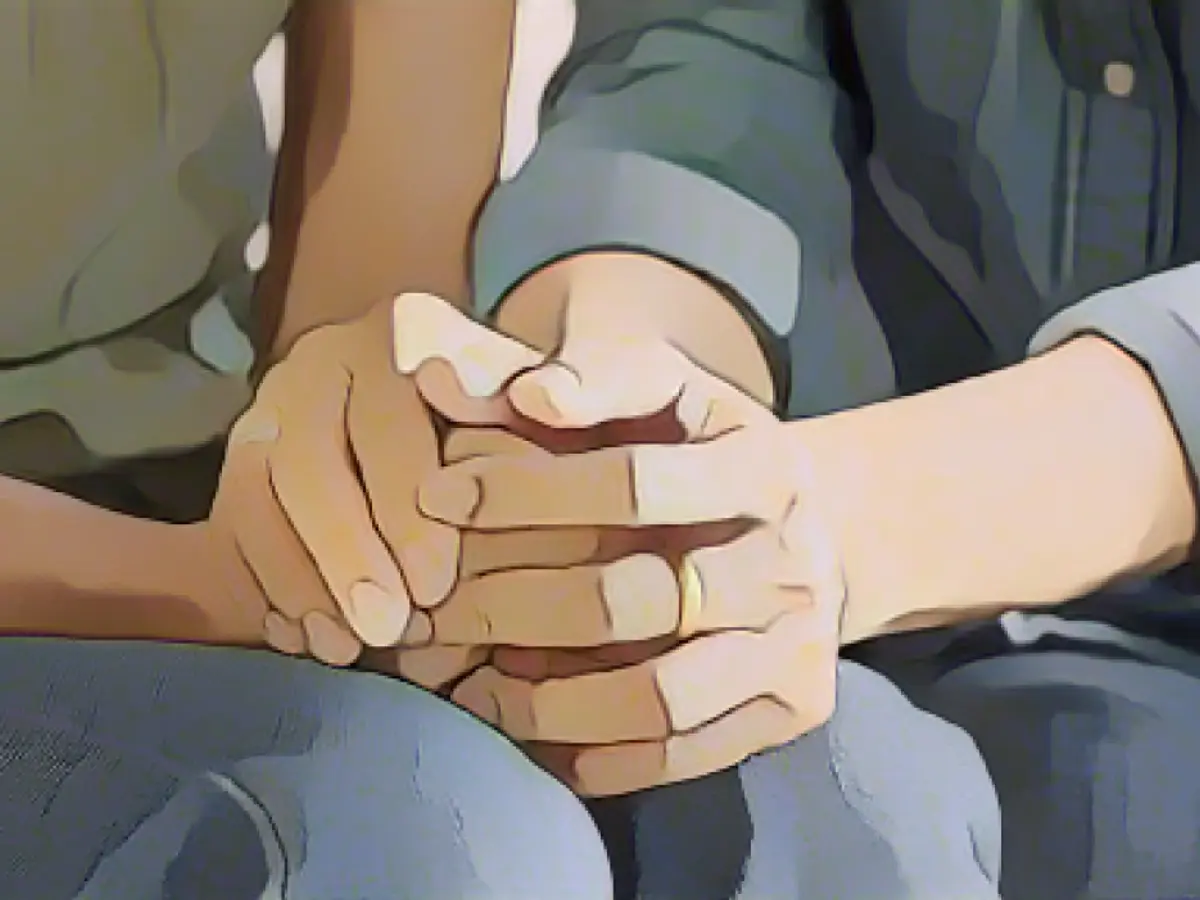Navigating Mental Health First Aid for Parents: The Importance and How-To
Have you learned epinephrine administration when your child was diagnosed with a food allergy? Or perhaps you've taken HLW courses ahead of your baby's arrival? Or even stocked emergency first aid kits in your car, office, and home? Accidents and injuries are inevitable, and it's crucial to be prepared.
However, it's essential to recognize that one out of five teenagers struggles with mental health issues. Shouldn't parents also be ready to offer mental health first aid if their child ever requires it? By learning these skills, you can now recognize signs of issues and help your child access professional care when needed. If you've ever tried to assist someone through a mental health crisis, you know just how anxious and helpless you can feel. Why not strengthen that power now, in case your child ever needs it in the future?
What is Mental Health First Aid?
Mental Health First Aid (MHFA) empowers people to support individuals experiencing a mental health crisis or developing mental health issues. Particularly useful for parents and professionals working with children, such as teachers and coaches, MHFA courses teach the skills needed to address mental health concerns.
Choose between courses for adults with mental health issues, or youth MHFA, specifically designed for young people ages 12 to 18. Depending on your region, you can select between in-person, hybrid, or entirely virtual courses.
What you'll learn
One-day MHFA courses generally last six to eight hours and cover topics for group discussions, exercises, and opportunities to practice new skills.
The Youth MHFA curriculum emphasizes early intervention, as 75% of all mental health issues begin by age 20.
Mental Health First Aid relies on a five-step action plan called ALGEE:
- Assess the risk of suicide or harm.
- Listen non-judgmentally.
- Give reassurance and information.
- Encourage appropriate professional help.
- Encourage self-help and recovery strategies.
Beyond course materials and lectures, you'll also have opportunities to practice through role-playing exercises.
Benefits for Parents
Every teen can struggle with a mental health issue, and many parents may not know where to start in supporting their child. By telling your child to "calm down" or "cheer up," you may unintentionally make things worse rather than helping improve their mental state. MHFA courses teach you how to evaluate symptoms, start a conversation, and seek professional help when needed.
While the primary aim is to help others in need, there's a bonus: MHFA training has been shown to improve the mental health of trainees and their supporters.
More Benefits of MHFA Training:
- Reduce stigma related to mental health issues and substance abuse.
- Boost empathy.
- Enhance self-confidence in helping those facing difficulties.
- Provide valuable resources and strategies to benefit your own mental health.
Finding MHFA Courses
To find suitable MHFA courses, click on this link to explore available options based on location, date, language, and in-person or virtual formats. Most courses are completed in one day and range in cost from $50 to $100.
When searching for MHFA courses, keep in mind that resources like offer training with specialized content tailored for parents and caregivers. This can be a valuable resource in strengthening your ability to support your child's mental health.








